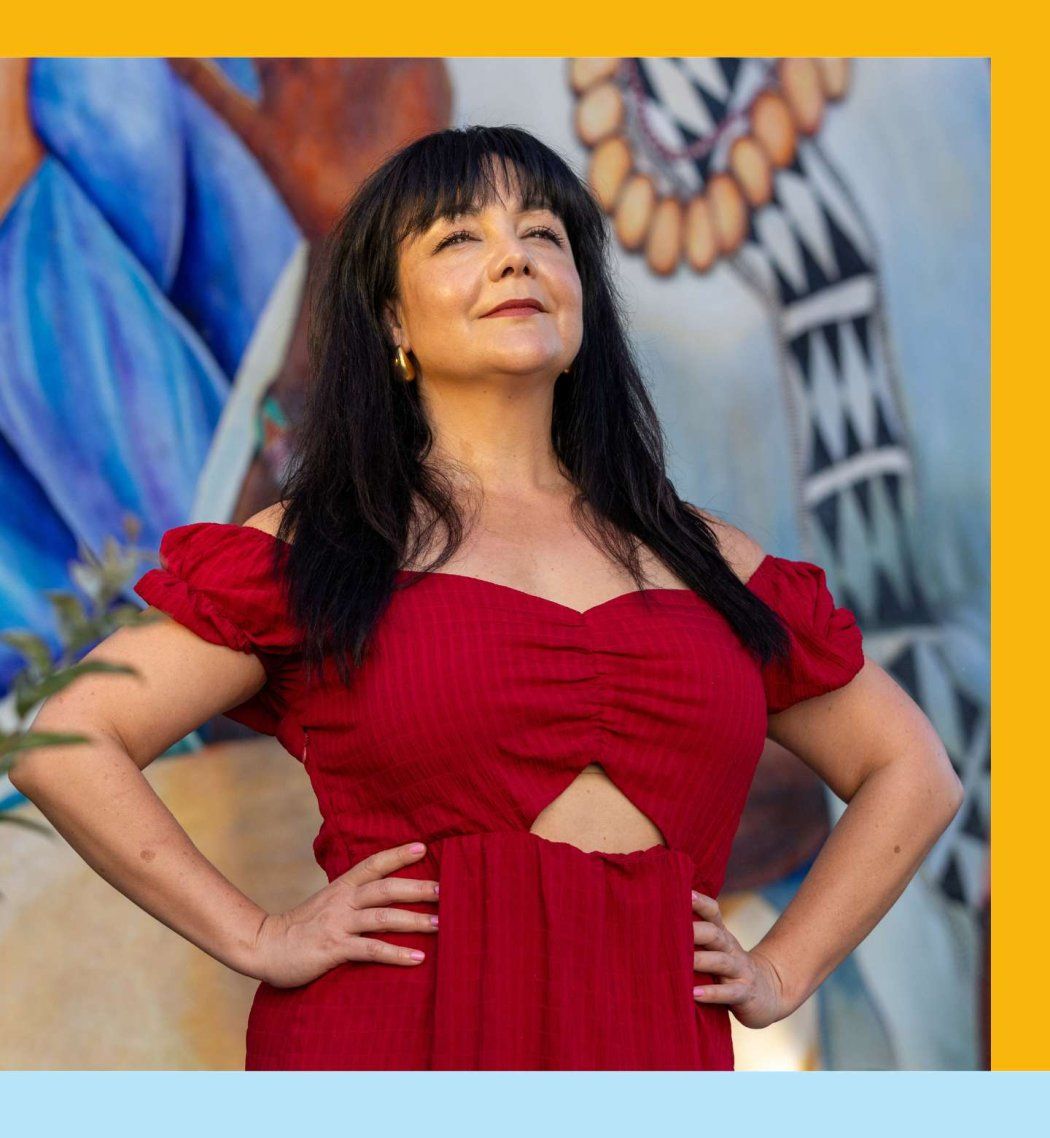This is part of a UC San Francisco series to promote greater awareness and understanding of gender identity and the use of a person’s lived name to foster acceptance, inclusion and belonging. Explore the series
How does the Gender Recognition and Lived Name Policy affect you personally? Or how do you imagine or hope it might affect you?
Names and pronouns matter.
If you ask someone the story of their name, people often reveal intimate narratives that weave through who they are today and histories of where they come from. Across cultures, sharing names is a key part of getting to know someone. A simple greeting, often taken for granted, that can form the basis for a brief interaction or a lasting relationship.
When people ask me my name, they never follow-up with questions like, “Is that your legal name?” or “Is that your real name?” This ease of giving my name and having it used without question is a comfort that I want for everyone.
Especially in a work or learning environment, calling people by their names is a foundational part of building a connection.
Pronouns hold a similar weight and significance in English as names. I went to a training recently at a community health clinic where the lead facilitator reminded us that misgendering someone through use of the wrong pronouns can be addressed similarly as mispronouncing a name – apologize and take responsibility, correct yourself and try not to repeat the mistake. Anything less is an act of violence and intentional harm.
As a junior faculty member in the Department of Medicine who leads research with and for transgender and gender expansive communities, I hope that this new policy offers more assurance that all people at UCSF can expect to be treated with respect and dignity. I want to know that my community collaborators, mentees and mentors, students, and colleagues can anticipate that their names and pronouns will be asked and used with ease; without the burden of proving who they are.

“ This ease of giving my name and having it used without question is a comfort that I want for everyone. ”

“ This ease of giving my name and having it used without question is a comfort that I want for everyone. ”
What’s one thing you would like people to know or understand about you and your experience?
I wish more people understood that you can’t tell a person’s gender identity or sexuality by looking at them.
There is so much rich and beautiful diversity in gender expression, identity, sexuality and sexual desire under the Lesbian, Gay, Bisexual, and Transgender umbrella. As a group, we have so many different lived experiences and yet at the end of the day, as humans we share in the same basic needs for safety, freedom and a sense of peace.
As a Mexican American queer femme, my gender identity and sexuality are often invisible to people. I am frequently assumed straight, in the workplace and in my personal life. This can be tiring at times, to explain myself and weather the range of responses. Also, there can be privilege in being straight passing, especially in certain spaces.
It’s actually taken me years to feel confident in who I am, even growing up in San Francisco and working at UCSF for most of my career – arguably two of the most welcoming environments for queer people. Homophobia and transphobia are so pervasive, we can internalize these beliefs and behaviors in so many ways. For a long time, there was a part of me that thought my sexuality was defined by having a partner, and who that partner was in the world.
Finally, I feel sure about myself just existing, without needing another reference point to be secure in my identities.
The GRLN policy takes UCSF one step closer to creating a work environment where people can enjoy a sense of belonging and exist freely, expressing who they are today and not being defined by different points in their lives. A workplace that respects trans and gender expansive people benefits everyone.
What’s something you wish more people did when getting to know you, especially at work?
I wish that more people could recognize the complexity of my own lived experience and the complexity that most of us navigate, in our own ways.
It’s so easy to take a bit of information that you learn about someone and start to make deductions about that person’s history, opportunities and dreams. When getting to know each other, especially at work, I value even a few moments to pause, to connect, to laugh together and to see each other in all our collective complexity and intersectional existences.
Cultivating a UCSF culture of belonging where we all can thrive.
Join the conversation at UCSF.
Gender Recognition and Lived Name Policy
UCSF is implementing the UC Presidential Policy on Gender Recognition and Lived Name to ensure that all employees, learners, patients and affiliates are identified by their accurate gender identity and lived name.
Change Your Name and DATA
Faculty, staff, learners, affiliates and alumni should have the opportunity to identify by their accurate gender identity and lived name. Learn how to change or update your name, gender marker and sexual orientation and take training.
BE AN ALLY AND ADVOCATE
The UCSF Lesbian, Gay, Bisexual and Transgender Resource Center has several programming initiatives that promote the inclusivity of our identities, including Pronouns Matter and UCSF Pride Pin Pledge.
